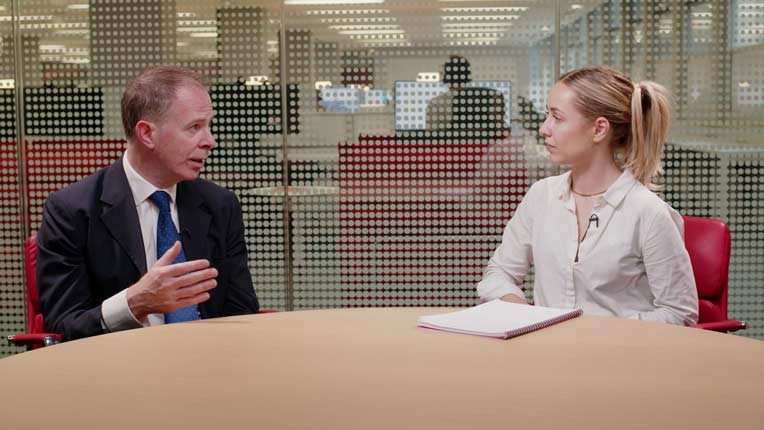This article is part of Morningstar’s Guide to Financial Planning, your handbook for making the most of your tax-free investing opportunities, reducing your annual – and lifetime – tax bill while keeping HMRC onside.
Despite the promise in those television adverts, tax more often than not is taxing. Have you topped up your ISA? Used your pension allowance? Maximised your inheritance tax exemptions? If you answered no to any of the above you could be missing out on thousands of pounds of extra income, growth and profit. But in order to make the most of your personal finances it can feel like you need an accountancy qualification or a degree in further maths.
Breaking down the jargon is the first step – making sure that you understand what the acronyms stand for, and the allowances you are awarded.
IHT – Inheritance Tax
IHT is due when someone dies. Estates up to the value of £325,000 are IHT free. After this threshold, beneficiaries must pay 40% tax, or 36% if there is a charitable donation in the will. Anything that is bequeathed to a spouse is IHT free. Married couples and registered civil partners can double their IHT free allowance when the second partner dies to £650,000.
CGT – Capital Gains Tax
Capital Gains Tax is due on any profit or gains you make on selling an asset that has increased in value above the annual allowance. These assets include an investment portfolio, any property that is not your main home, personal possessions with a value of more than £6,000. Certain assets – known as chattels – are CGT free. The CGT annual allowance is currently £11,000.
NISA, ISA – Individual Savings Account
ISAs are strictly speaking not investments themselves but wrappers which allow investments to be made tax free. By putting money into an ISA it is possible to shelter various kinds of investment from the need to make capital gains tax (CGT) or income tax payments.
In July 2014, the New ISA (NISA) was launched allowing investors more flexibility to move their tax-free lump sum between investments and cash. The annual allowance was also increased to £15,000.
SIPP – Self-Invested Personal Pension
A personal pension plan that offers tax-relief on the savings you contribute. When you contribute, £80 into it, the Government automatically tops it up to £100, adding back Basic Tax relief. If you are a High Rate taxpayer, you have to claim the extra tax relief by yourself by filling in your tax return.
Sadly, quite a few high rate taxpayers don't realise this and don't claim it back. The Inland Revenue benefits from quite a lot of unclaimed tax relief in this way.



























